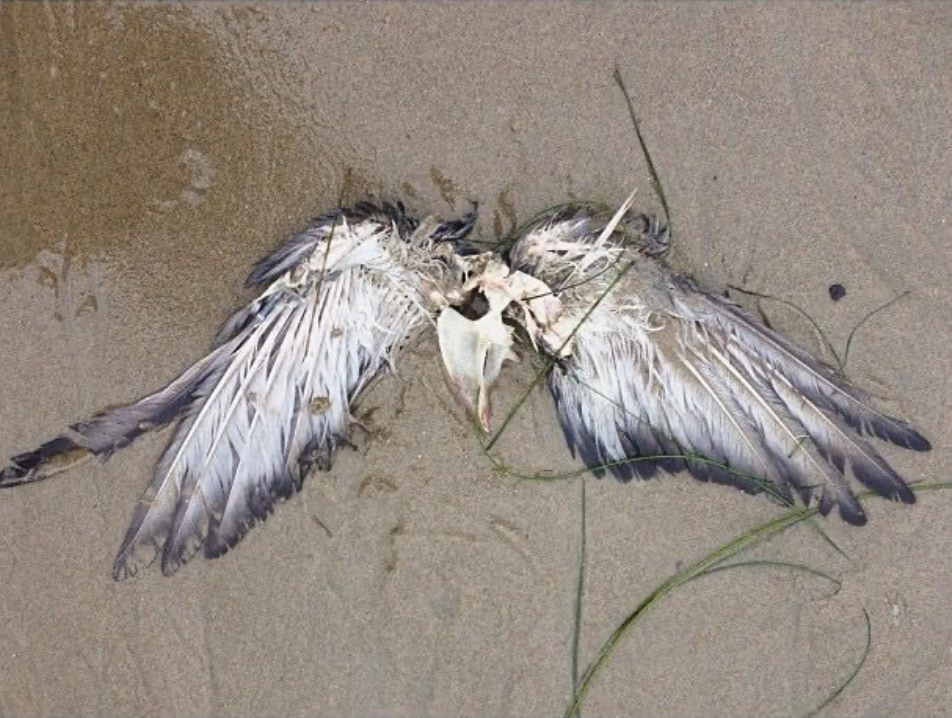Grief Ritual FAQ’s:
History of Grief Rituals
Most native and traditional western cultures have some form of community grief ritual. In fact, for much of human history, grief was considered sacred and a very normal human experience. When grief is expressed communally, it offers a spirit of cultural care, support, and belonging, a reminder that we are not alone in our loss and grief and that it is often our grief that re-weaves us back into connection with one another. On a basic level, grief rituals are considered a form of good emotional hygiene that should be done often, as loss is a regular and ongoing part of life. Emptying ourselves of our grief on a regular basis frees up our capacity to be more available for joy, to create our dreams, and care for those we love.
Sadly, in the West grief is often expressed in isolation. There is an implicit cultural message that grief is a private matter and that we shouldn’t burden others with it. Nothing could be further from the truth. It’s time to bring our grief out from behind closed doors into safe and trusted communal spaces. It’s time to reweave ourselves back into the tapestry of life, allowing our beautifully vulnerable and grieving selves to lead us back into a deeper relationship with each other and our earth.
The rituals I offer are inspired by the teachings of Sobonfu Some and Francis Weller. I and many others are eternally grateful to Malidoma Some and Sobonfu Some of the Dagara tribe in Burkina Faso, West Africa for introducing grief and other community rituals to the West and to Francis Weller for his timeless wisdom on the beauty and importance of grief. I highly recommend the many books written by Malidoma Some, Sobonfu Some, and “The Wild Edge of Sorrow” by Francis Weller.
Types of grief
Grief from personal losses: grief over losses in our personal lives such as a death, divorce, breakup, losing a pet, job, etc.
Eco-grief: grief for what is happening to our earth.
Community grief: grief for the loss of community in our culture and the feelings of not belonging and the isolation it brings.
Grief of social betrayal: Grief for being brought up in a culture and economic system that doesn’t honor our natural gifts and talents (especially if they don’t easily make money), thereby forcing us into other professions that fail to inspire us.
Childhood grief: grief from traumatic events, losses, betrayals, or abuse that happened to us during our childhood.
World grief: grief for all the horrors and traumatic events happening in the world (famines, wars, refugee crisis’, children detained at our border, pandemics, etc).
Ancestral grief: grief passed down through the generations from parent to child.
Trauma grief: grief from trauma
Anticipatory grief: Grief based in the knowledge of the suffering that is to come as dominant systems of our world collapse.
Anger and grief
Anger and grief often go hand in hand. It is normal to experience anger before grief can be accessed, but it is not always the case. Grief rituals assist in the healthy expression of anger as well as grief. The ritual creates a gentle but transformative container for releasing whatever emotions are ready to be released as well as an opportunity to reflect on deeper and older layers of grief.
What to expect
The ritual is a guided, multi-stage, 3 hour journey that begins with opening a sacred space, invoking one’s ancestors and/or higher power, honoring the losses through guided practices that create an intimacy with what/who has been lost, feeling into and receiving the support that is available to you, releasing the stuck emotion, and when ready, stepping over a threshold into a new experience of acceptance, beauty, and possibility.
Releasing our stuck emotions is not only a gift to ourselves, but to all who we are in connection with, as it frees us of heaviness, renews our energy, and expands our capacity for all that life has to offer us.
To request a personal or group grief ritual, email me at rosalyn@rosalynfay.com
